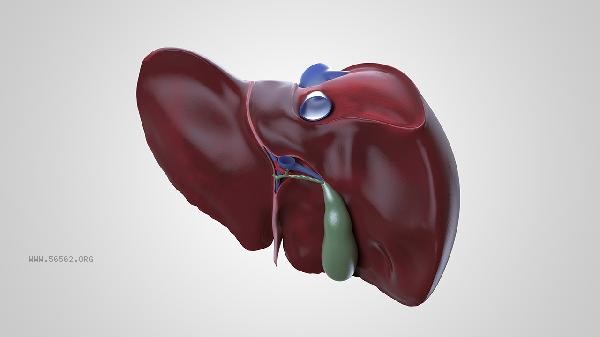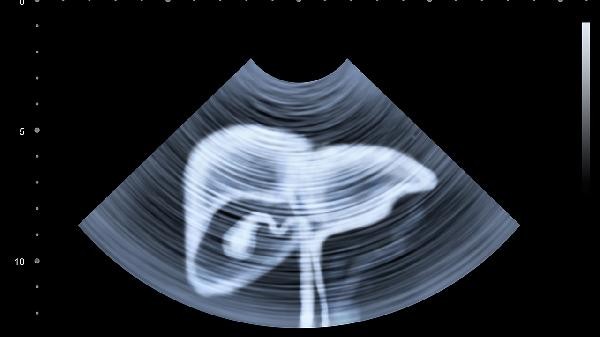Some herbs may cause damage to the liver, such as Polygonum multiflorum, Tripterygium wilfordii, Panax notoginseng, Polygonatum sibiricum, Atractylodes macrocephala, etc. These herbs may cause liver cell damage due to ingredient toxicity or improper use, and long-term or excessive use may lead to drug-induced hepatitis or even liver failure.

1. Polygonum multiflorum
Polygonum multiflorum contains anthraquinone compounds, and unprocessed raw Polygonum multiflorum may cause liver cell toxicity. Clinically, symptoms such as elevated transaminase levels and jaundice may occur, and long-term use may lead to cholestatic liver injury. It is recommended to use Polygonum multiflorum and strictly follow medical advice.
2. Tripterygium wilfordii Hook. f.
Tripterygium wilfordii Hook. f. contains Triptolide, which has significant hepatotoxicity and can lead to hepatocyte necrosis and sinusoidal obstruction syndrome. Patients may experience symptoms such as ascites and liver pain, and in severe cases, blood purification therapy may be necessary.
3. The pyrrolizidine alkaloids in Panax notoginseng can damage hepatic sinusoidal endothelial cells and cause hepatic vein occlusion. Manifesting as symptoms such as liver enlargement and ascites, imaging examination shows characteristic "map like" changes in liver parenchyma.
4. Huangyao Zi

Huangyao Zi contains ingredients such as dioscin, and excessive consumption can lead to hepatic steatosis and necrosis. Common symptoms include fatigue, decreased appetite, and laboratory tests showing significant increases in bilirubin and transaminase levels.
5. Xanthium sibiricum
Toxic proteins and hydrogen cyanide in Xanthium sibiricum may cause acute liver injury, manifested as nausea, vomiting, and tenderness in the liver area. Severe cases may cause coagulation dysfunction and require timely liver protection treatment.
When using Chinese herbal medicine, it is necessary to pay attention to the differentiation of symptoms and avoid self compatibility or long-term use. Symptoms of liver damage such as loss of appetite and yellowing of the skin should be immediately discontinued and medical attention sought. It is advisable to consume medicinal and edible ingredients such as goji berries and chrysanthemums that have liver protective effects in daily life, and avoid drinking alcohol and high-fat diets to reduce the burden on the liver. It is recommended to undergo liver function tests before taking traditional Chinese medicine, and regularly monitor liver function indicators during medication.










Comments (0)
Leave a Comment
No comments yet
Be the first to share your thoughts!